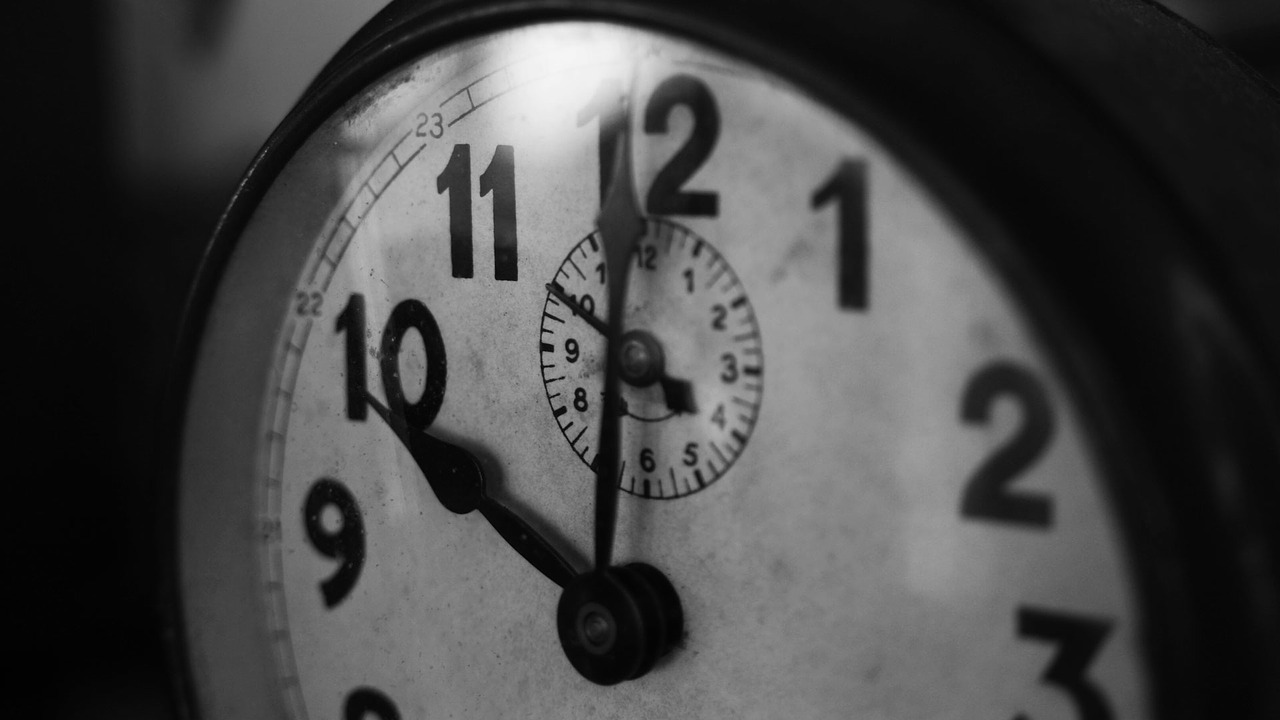Why is my blood sugar high in the morning?

I see this question asked a lot. People go to bed with normal blood sugars and wake up high the next day. What could be causing it? There are a few obvious candidates that are worth considering. It could be your insulin dose, what you had for dinner, or a release of hormones that cause the blood sugar to run high.
1. Your basal insulin dose is set too low. Test it by fasting.
If you find that you wake up high or your blood sugar goes high before meals, there’s a good possibility that your basal insulin dose is set to low. The easiest way to do a basal test is by skipping a meal and seeing how your blood sugar responds. Note that your basal insulin needs can be linked to physical activity. In my case, I lowered my dose by twenty percent after I started jogging. In the same manner, if you’ve gone from a more active lifestyle to sitting around the house in jogging bottoms, your basal might need a tweak upwards.
2. The Dawn Phenomenon.
For many of us, blood sugar tends to rise in the early morning hours before rising. After I got diabetes, I started getting up early. If I sleep in, it’s pretty much a given that I will wake up with high blood sugar. The reason for the dawn phenomenon and feet on the floor syndrome is a release of glucose in response to “wake-me-up” hormones like catecholamines and cortisol. It happens in all people, but the difference is that as a diabetic you need to inject insulin in response.
3. You’ve eaten a high-carb, high-fat meal, and you’re seeing a delayed release of glucose.
Typical meals where you’d experience this is pizza, spaghetti carbonara, or curry with rice/naan bread. The high-fat content in these meals slows down digestion which leads to a delayed release of glucose from the carbs. It’s known as the pizza effect, and many diabetics use a split-bolus dose of insulin in order to beat it.
4. You’ve eaten a lot of protein which is converted to glucose in the absence of carbs.
If you follow a low-carb diet with type 1 diabetes, you need to dose insulin for the protein instead. Glucose is released from the protein backbone in gluconeogenesis, something that happens in the absence of carbs. Back when I was eating more carbs, I did notice that if I ate a lot of protein, like a 6-ounce steak, my blood sugar would creep up hours after eating despite the carbs. It’s worth considering.